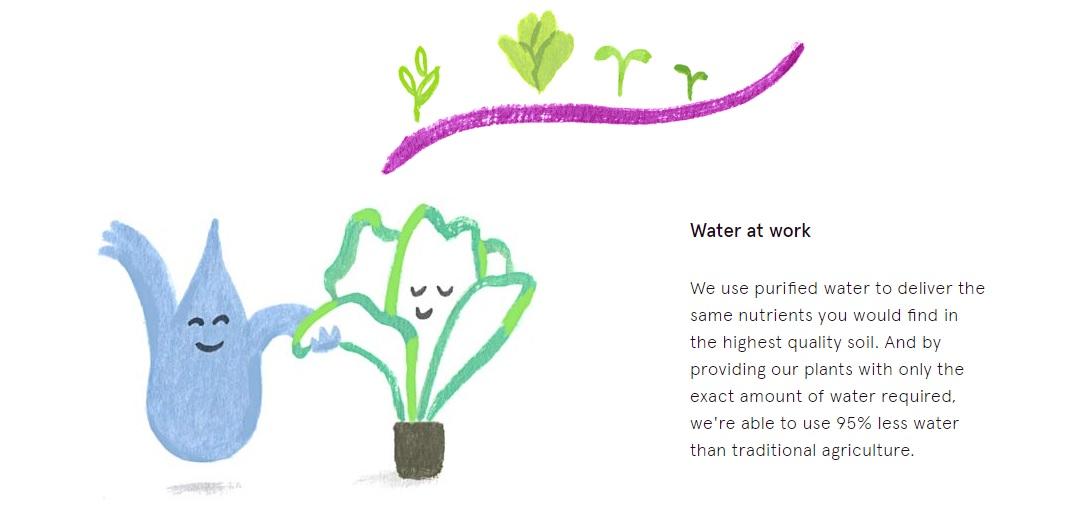Silicon Valley Steps Up Vertical Farming To Help California's Agriculture
Technology's expansion into the farming industry has given us more controlled environments to grow crops. Software is available to keep water use efficient, but there will need to be a balance found to limit the increase of electricity usage.
Updated May 26 2019, 6:37 p.m. ET
Droughts are still on the minds of many in California agriculture. Despite the state’s increased rainfall throughout the winter, long-term forecasts show that it will just be a small soothing of the shortages they’ve had to deal with since early 2014. These recent droughts have cost California over $3.3 billion, and the state’s technology industry is continuing to step in and fix things.
Bowery, an indoor farming start-up based in New York, received $7.5 million from a "handful of venture funds," and is one company that's gaining traction in the farming industry. Instead of relying on natural weather, it’s more efficient to grow these crops in areas that can be controlled, be it large containers or greenhouses, through the process of vertical farming. This would not only eliminate waste from weather-affected crops, but it will halt a lot of the needless transportation with some food not being able to be grown in certain parts of the world.
Alyssa Bereznak of The Ringer interviewed the CEO of Bowery, Irving Fain. While taking an edible test of the grown vegetables, the kale really stood out. They explained how Bowery was able to make it perfect.
"The kale was delicious because, in addition to maintaining a mostly autonomous farming system, Bowery uses proprietary software that collects data points about what influences a plant’s health, growth rate, yield, and factors that affect its flavor. According to Fain, it analyzes the information in real time, and automatically pushes out changes to the treatments of crops as it sees fit."
Software has the ability to automatically treat plants. Instead of sending out dozens of people to walk up and down rows of crops outside to check them, this saves both time and resources -- Bowery says on its website that it uses "95 percent less water than traditional agriculture." Every crop is different, and this software would be able to tend to each of their needs specifically.
With climate change as unpredictable as ever, these farming containers are an attractive approach. The ability to control the lighting, water, and enhancing the organic brand are all high positives. While this is a great approach in certain areas of California, the process of vertical farming has spread to other areas across the country. It's also limited transportation by moving into major urban areas.
It’s a process that hasn’t sold everybody just yet. Since vertical farming allows greenhouses to be built in small locations inside urban areas, other startups have cropped up in them. That area instead could be used for housing, an issue that’s continuing to boil over in heavy-populated areas like Houston, Texas, and much of California itself. It’s incredibly expensive to live in these areas, and removing the potential for more housing doesn’t help.
There also remains plenty of skeptics with the process. Some argue that there’s plenty of farmland available outside of these urban areas, but it’s just been badly put to use. Stan Cox of Alternet continues to be a heavy opponent of the controlled environment, and explains how the requirement of “1,200 kilowatt-hours of electricity for each kilogram of edible tissue” could release “1.3 billion metric tons of carbon emissions per year.”
While vertical farming may not be the answer as it stands right now to replace the entire industry, the use of more controlled areas is important in heavy drought areas like California. Increased water efficiency is a must, and more research will be done to balance out the increased electricity use of environmentally-controlled crops while keeping emissions low.

